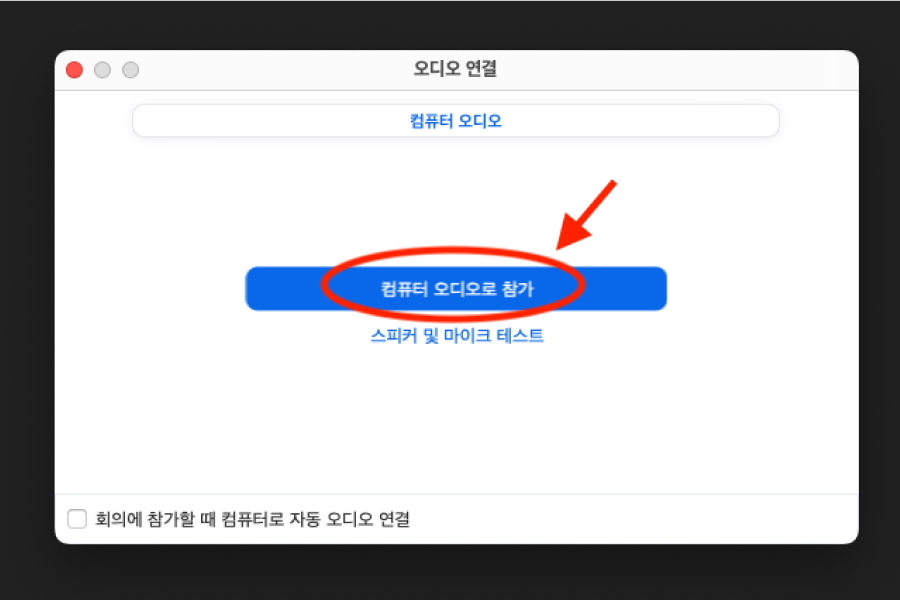My dad and I went to a public bath in the morning. After a bath, we had jajangmyeon, also called black-bean-sauce noodles. I ate it up deliciously. I was getting to wonder, so I searched for Philippine noodles. There were many different things such as pansit-kanton, lomi, mami and pinoy spaghetti. It was interesting that even Filipino noodle dishes have Chinese origins, similar Korean ones. I think misua was similar to our Janchi-guksu. I would like to try all of it.
======================================================================================================================================================
Here are the corrections:
-
Original: My dad and I went to a public bath in the morning.
Corrected: ✅ My dad and I went to a public bath in the morning.
✅ No correction needed. The sentence is clear and grammatically correct. -
Original: After a bath, we had jajangmyeon, also called black-bean-sauce noodles.
Corrected: ➤ After taking a bath, we had jajangmyeon, also called black bean sauce noodles.
Explanation: “After taking a bath” is more natural. Also, “black bean sauce” is a compound noun and usually not hyphenated in this context. -
Original: I ate it up deliciously.
Corrected: ➤ I ate it all up—it was delicious!
Explanation: “Ate it up deliciously” is unnatural in English. We often say something like “I ate it all up” to emphasize you finished it, and “it was delicious” describes the taste naturally. -
Original: I was getting to wonder, so I searched for Philippine noodles.
Corrected: ➤ I started to wonder, so I searched for Filipino noodles.
Explanation: “Was getting to wonder” is awkward—“started to wonder” is more idiomatic. “Filipino” is the correct adjective for people or things from the Philippines. -
Original: There were many different things such as pansit-kanton, lomi, mami and pinoy spaghetti.
Corrected: ➤ There were many kinds, such as pancit canton, lomi, mami, and Pinoy spaghetti.
Explanation: Use “kinds” or “types” for food. Also, "pansit" is more commonly spelled "pancit" in English, and “Pinoy” should be capitalized as it's a proper noun. -
Original: It was interesting that even Filipino noodle dishes have Chinese origins, similar Korean ones.
Corrected: ➤ It was interesting that even Filipino noodle dishes have Chinese origins, just like Korean ones.
Explanation: “Similar Korean ones” is incomplete. “Just like Korean ones” clearly expresses the comparison. -
Original: I think misua was similar to our Janchi-guksu.
Corrected: ➤ I think misua is similar to our janchi-guksu.
Explanation: Use present tense “is” for general facts. Also, food names like “janchi-guksu” are typically written in lowercase unless at the start of a sentence. -
Original: I would like to try all of it.
Corrected: ➤ I’d like to try all of them.
Explanation: “All of them” is better since you're talking about multiple types of noodles, not one item.
Final Edited Version:
My dad and I went to a public bath in the morning. After taking a bath, we had jajangmyeon, also called black bean sauce noodles. I ate it all up - it was delicious! I started to wonder, so I searched for Filipino noodles. There were many kinds, such as pancit canton, lomi, mami, and Pinoy spaghetti. It was interesting that even Filipino noodle dishes have Chinese origins, just like Korean ones. I think misua is similar to our janchi-guksu. I’d like to try all of them!








